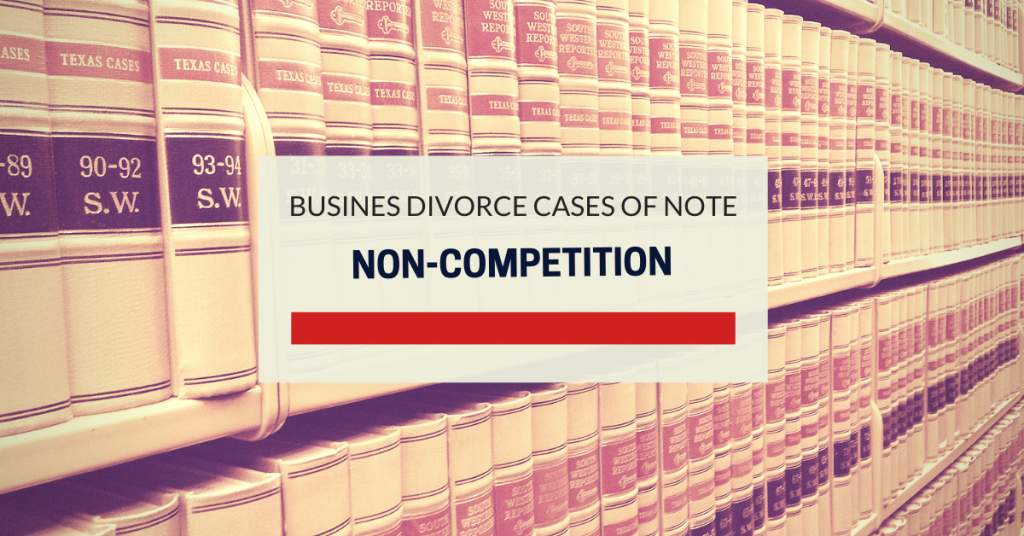-
Although a former executive was bound by a restrictive covenant, the fact that his duties after joining a competitor were directed to a different market made the scope of the restrictions unreasonable.
-
A restrictive covenant that is not narrowly tailored to protecting specific interests of the former employer at stake in a lawsuit is less likely to be enforced with a preliminary injunction.
-
A company that relies on the inevitable disclosure doctrine faces a high hurdle to show the certain use of a trade secret in a competitive manner.
An attempt by United Health Care to block an executive from joining a competitor failed when a federal judge found the medical insurance and services company had failed to establish it was likely to succeed when the case goes to trial. The dispute identifies some of the steps that a new employer take to prevent its just-hired employee from running afoul of a restrictive covenant.
The defendant Carlos Louro in this this case, United Health Care v. Louro, was an executive supervising the underwriting of national accounts at United. He had recently been promoted to vice president and served on a high-level, national accounts strategy group. He had also received stock options and restricted stock awards, which contained restrictive covenants and non-disclosure provisions..
 The trial court construed Louros agreements with United that and restricted him from:“[e]ngag[ing] in or participat[ing] in any activity that competes, directly or indirectly, with any Company activity, product, or service that [Louro] engaged in, participated in, or had Confidential Information about during [Louro’s] last 36 months of employment with the Company” or assist anyone in any of those activities for one year after Louro’s termination of employment.” Continue reading
The trial court construed Louros agreements with United that and restricted him from:“[e]ngag[ing] in or participat[ing] in any activity that competes, directly or indirectly, with any Company activity, product, or service that [Louro] engaged in, participated in, or had Confidential Information about during [Louro’s] last 36 months of employment with the Company” or assist anyone in any of those activities for one year after Louro’s termination of employment.” Continue reading
 The Business Divorce Law Report
The Business Divorce Law Report


 deceased account. Here is what happened in
deceased account. Here is what happened in  any specific distinction between them and other deeply personal relationships, but because the professions are subject to unique restrictions. Attorneys are prohibited from restricting competition by the Rules of Professional Conduct that govern lawyers. Psychologists are subject to an administrative regulation that have the same effect.
any specific distinction between them and other deeply personal relationships, but because the professions are subject to unique restrictions. Attorneys are prohibited from restricting competition by the Rules of Professional Conduct that govern lawyers. Psychologists are subject to an administrative regulation that have the same effect.
